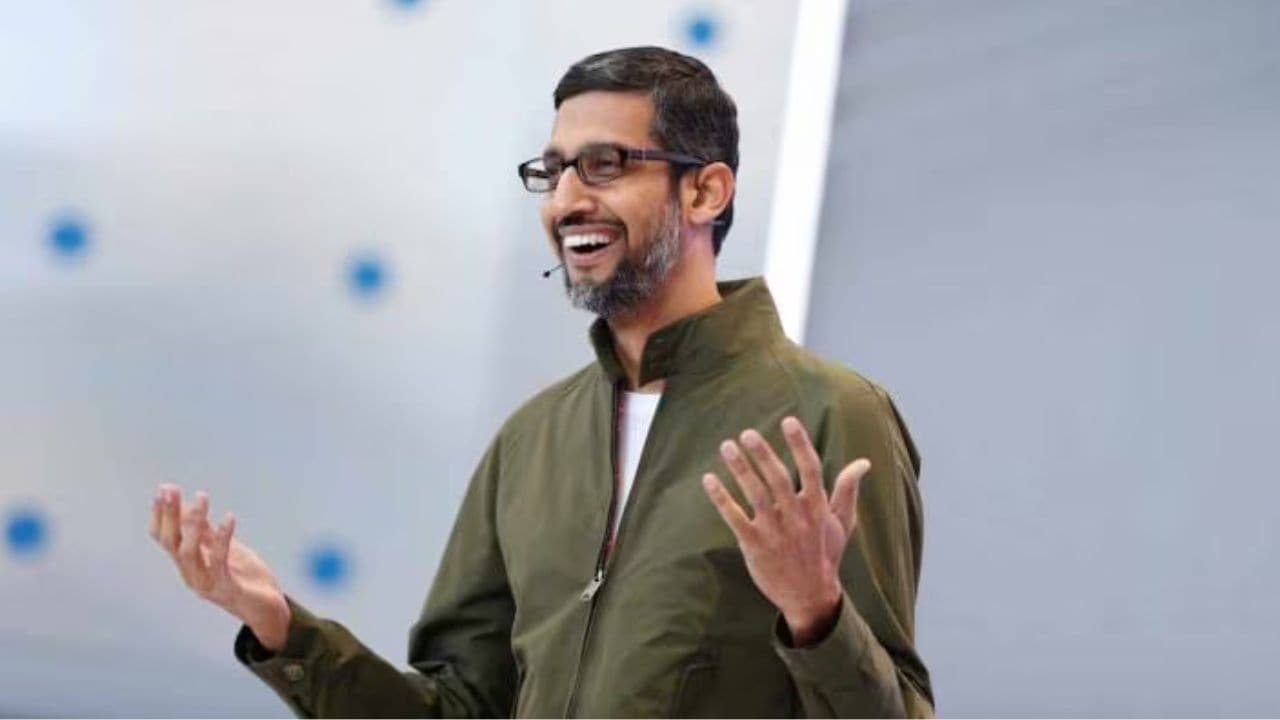“Larry and Sergey first wrote down our mission 25 years ago: to organize the world’s information and make it universally accessible and useful. They had an ambitious vision for a new kind of search engine to help people make sense of the waves of information moving online. The product they built, Google Search, went on to help billions of people around the world get answers to their questions.”
Search giant Google will officially celebrate its 25th birthday later this month. In the run-up to the event and to kickoff the celebrations, Google and Alphabet CEO Sundar Pichai reflected on Google’s first quarter century. While it started as a search box, Google today has Google products that each serve more than half a billion people and businesses, and six that serve more than 2 billion users each.
Looking back on its journey, Pichai shared how the questions have evolved and technological advancements that led to the tech giant’s biggest breakthroughs and most helpful products. He also shared some thoughts on the opportunity with AI to do things that matter on an even bigger scale.
Pichai said he remembered “feeling blown away by Google’s ability to find the best answer for the most esoteric questions, from a tiny detail buried in a store’s customer service page to an obscure football rule.” The questions he asked have changed over time from “How do you fix a dripping faucet?”, “Fastest route to Stanford Hospital?”, “Ways to calm a crying baby?” to “How to ace a Google interview?” A question he asked in 2003 as per his note.
Pichai wrote that he has been inspired by what people have done with the answers to their questions, “be it to find health care or comfort in difficult times, learn new skills, pursue new career paths, or start new businesses. The idea that a student in rural Indonesia could access the same information as a professor at Stanford was revolutionary, and has changed lives and our world for the better. It’s opened up access to education and entrepreneurship like nothing else before it, or since.”
He highlighted the economic impact of Search. “Our advertising platforms and tools started out with a premise as simple as Search itself: to help businesses reach customers who were already looking for the kinds of products and services they offer. It was a platform that appealed to small businesses in particular, like the mail-order business selling lobsters that was the first to sign up. And also like Search itself, the ability for any business to advertise online has had a truly transformational impact, helping millions of businesses become part of the digital economy.”
He also mentioned how Android and YouTube have transformed communication. But he also admits that not everything Google did ended up as a success.
“We’ve also faced hard questions about our future as a company. In the 2000s it was how long can the web really last? In the 2010s, people asked if we could adapt to the era of mobile computing, and whether search was “over?” Each time, we’ve answered by coming back even stronger. We’ve done this guided by a singular focus on our mission, our belief in applying deep computer science to make people’s lives better, and a healthy disregard for the impossible.”
Read More:Sundar Pichai shares his father’s first email to him. Here’s what he wrote.
The next frontier – AI
Pichai said that as they look ahead, he’s been reflecting on “the commitment from our original founder’s letter in 2004: “to develop services that improve the lives of as many people as possible — to do things that matter.” With AI, we have the opportunity to do things that matter on an even larger scale.”
He said that the world is just beginning to see what the next wave of technology is capable of and how quickly it can improve. “One million people are already using generative AI in Google Workspace to write and create. Flood forecasting now covers places where 460+ million people live. A million researchers have used the AlphaFold database which covers 200 million predictions of protein structures, helping with advances to cut plastic pollution, tackle antibiotic resistance, fight malaria, and more. And we’ve demonstrated how AI can help the airline industry to decrease contrails from planes, an important tool for fighting climate change.”
Still, there is so much more ahead. Over time, AI will be the biggest technological shift we see in our lifetimes. It’s bigger than the shift from desktop computing to mobile, and it may be bigger than the internet itself. It’s a fundamental rewiring of technology and an incredible accelerant of human ingenuity.”
He added, “Making AI more helpful for everyone, and deploying it responsibly, is the most important way we’ll deliver on our mission for the next 10 years and beyond.”
